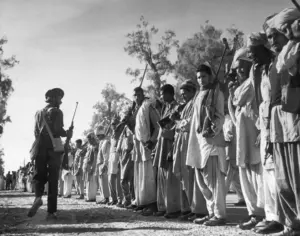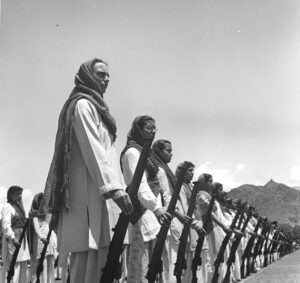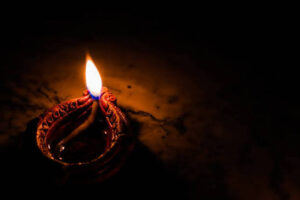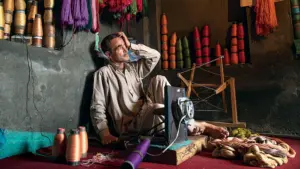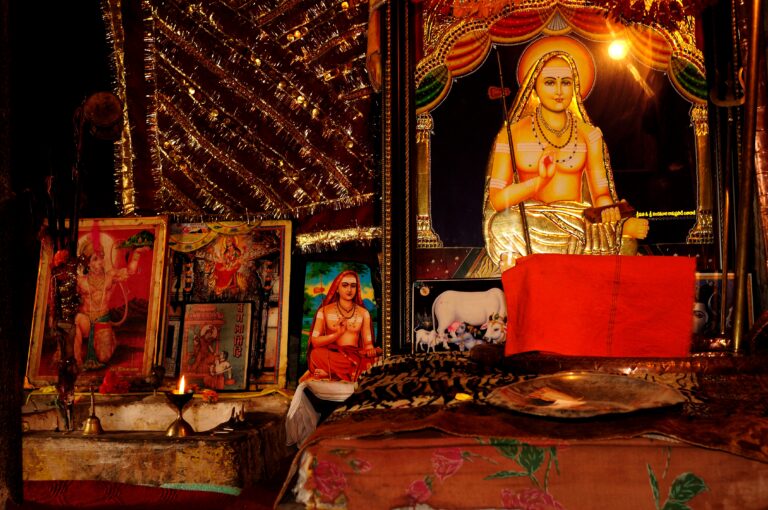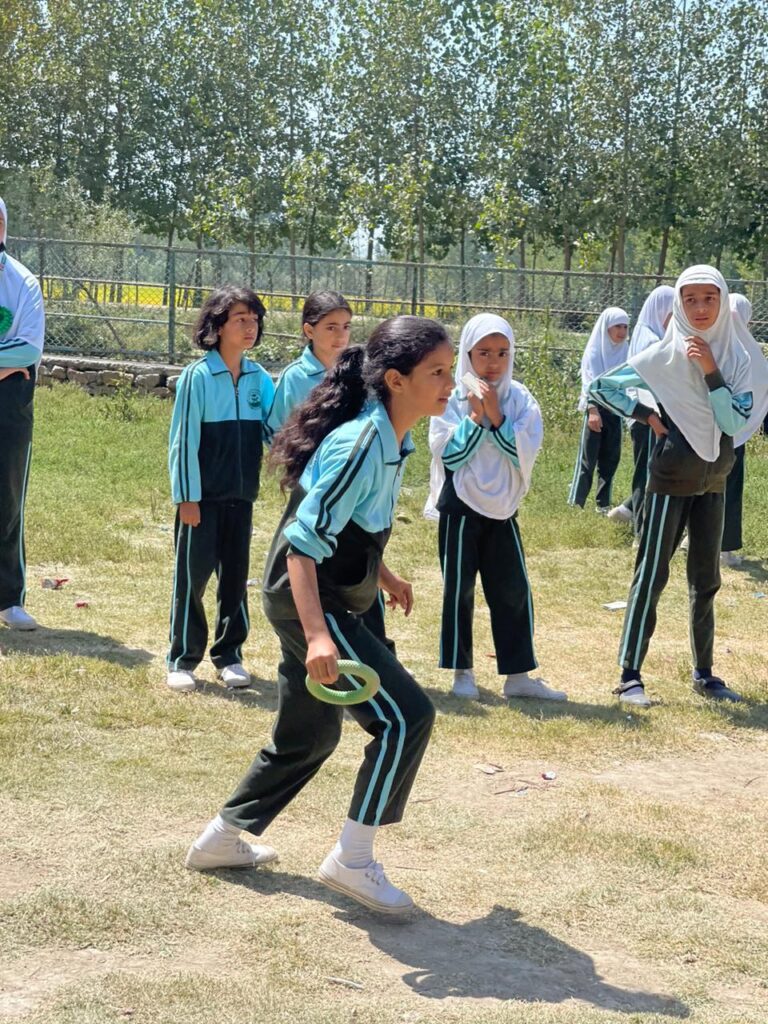Written BY: Sadaf Gul
There are forms of violence that scream and forms that murmur. The latter is more insidious, for it seeps into daily life, disguising itself as normalcy. Domestic violence belongs to this category—a violence not at the margins, but at the very heart of what we call the “home.” The question that must be asked is not simply how this violence persists, but what kind of society allows the sacred to become a sanctuary for suffering.
The home is imagined as a shelter of belonging, warmth, and stability. But when that space is governed by fear, control, and coercion, it ceases to be a home in any moral or philosophical sense. It becomes, rather, what Simone Weil called “the absence of justice in its most intimate form.” And in Kashmir, a land already bruised by geopolitical trauma, the unspoken war inside homes has continued with even less witness and less resistance. The woman, who weeps behind drawn curtains, carries not just the burden of marriage, but the weight of a civilization’s refusal to see her.
Mystical traditions in Kashmir have long insisted on the dignity of the soul and the sanctity of suffering. Lal Ded, the 14th-century mystic, cried out:
“Grave is not where the body lies, but where truth is buried.”
Her words carry a haunting relevance. Today, truth lies buried beneath customs, honour, and false piety. The bruises on a woman’s skin are not just marks of a man’s aggression—they are indictments of cultural complicity.
How is it that a society capable of producing saints who spoke of oneness, compassion, and inner awakening has allowed the walls of its homes to become cages for half its people? The disjunction is not merely historical; it is existential. Nund Reshi, once said:
“The one who hurts others in the name of love shall rot in his own fire.”
Yet hurt continues, and in the name of love, marriage, duty, and stability, women are asked to endure not just physical assault but psychological erosion. The command to suffer is moralized, romanticized, even spiritualized.
To think philosophically is to ask not just how things are, but why they are allowed to be. What is the structure of reason that enables the repetition of violence? What metaphysical story does a society tell itself when it tolerates the daily suffering of its women? The answer, I fear, lies in the deep entanglement of patriarchy with silence—where speech is punished, resistance is criminalized, and obedience is cloaked in moral virtue.
In Kashmir, the silence is double-layered. The public sphere, saturated with surveillance, often drowns the cry from within the home. The man who feels powerless in the street may reclaim his power in the bedroom, turning his partner into a mirror upon which he reflects his own inadequacies. And the woman, caught between loyalty to family and betrayal of self, is asked to remain the custodian of harmony at the cost of her own soul.
There is a proverb still heard in Kashmiri households:
“Khandar chu kabar asan” — “Marriage is a grave, lie in it whether long or short.”
It is not a proverb. It is a death sentence pronounced gently and traditionally. It teaches the young girl that her suffering is destiny, that to flee is dishonour, and that to survive quietly is her highest form of piety. The numbers, if we dare to read them, speak with chilling clarity. According to NFHS-5, 26.21% of women in India between the ages of 15 and 49 report intimate partner violence. In Kashmir, where mental health has already collapsed under the burden of isolation, domestic abuse adds a deeper fracture—one that is neither acknowledged nor healed.
Meister Eckhart once wrote, “The soul grows by subtraction, not addition.” But in our world, the woman’s soul is subtracted not for growth, but for disappearance. She is made invisible. She becomes the ghost in the house—the one who sets the firewood, serves the food, and weeps behind the curtains.
But what kind of spiritual tradition asks one to tolerate injustice as devotion? Not the one of the Reshis, nor of Rumi, who said:
“Why do you stay in prison, when the door is so wide open?”
Rumi’s call was not to desert the family, but to awaken. And awakening begins with language. Domestic violence cannot be addressed if it cannot be named. In most Kashmiri homes, even the vocabulary for resistance is absent. To speak is to break the code of honour. To leave is to break the code of lineage. Thus, the woman becomes a sacrificial offering to societal order. She is praised only when she suffers well.
But suffering is not always redemptive. As Camus reminds us, “There is no virtue in suffering when it is imposed by others.” And imposed it is. Through economic dependency, through isolation, through gaslighting, through threats masked as concern. The violence is not always physical. Often it is psychological, financial, or sexual—forms that do not leave bruises but hollow out the self.
The law exists, yes. The Protection of Women from Domestic Violence Act (2005) stands as a legal acknowledgment of intimate injustice. But acknowledgement is not enforcement. The distance between the court and the kitchen remains vast. Most women in Kashmir—especially in rural areas—remain unaware of the law, or are made to feel guilty for invoking it. “What will people say?” becomes the first prison gate.
The real question then is not legal, but ethical. Can a society be considered moral if its women suffer in silence? Can a culture be considered spiritual if its homes are built on fear? Can a family be whole when its foundation is the submission of one member to another?
The task before us is not merely to reform the law or counsel the victim. It is to reconfigure the meaning of love, masculinity, and honour. Love that controls is not love. Masculinity that dominates is weakness wearing a mask. Honour that depends on a woman’s silence is not honour—it is cowardice institutionalized.
Philosophy cannot provide immediate redress. But it can sharpen the lens, widen the question, and refuse the anaesthesia of tradition. It can say firmly: what is normalized is not natural. What is repeated is not justified. And what is culturally accepted may still be morally obscene.
Let us be clear: a society where women must die in silence, just to keep the family name clean, is not a moral society. A community that shields its men but shames its daughters is not a dignified one. And a home where fear replaces love is not a home—it is a prison.
Rumi once said, “Don’t get lost in your pain. Know that one day your pain will become your cure.” But that day will not come on its own. It must be summoned. It must be demanded. It must be insisted upon—by women, yes, but also by men who no longer wish to be silent beneficiaries of a rigged world.
The time to speak is not tomorrow. It is now.
And to her, let us say not “Sah karo” (endure), but “Zindagi karo” — live. Fully
Freely. With dignity. Not in the shadows of silence, but in the light of justice

